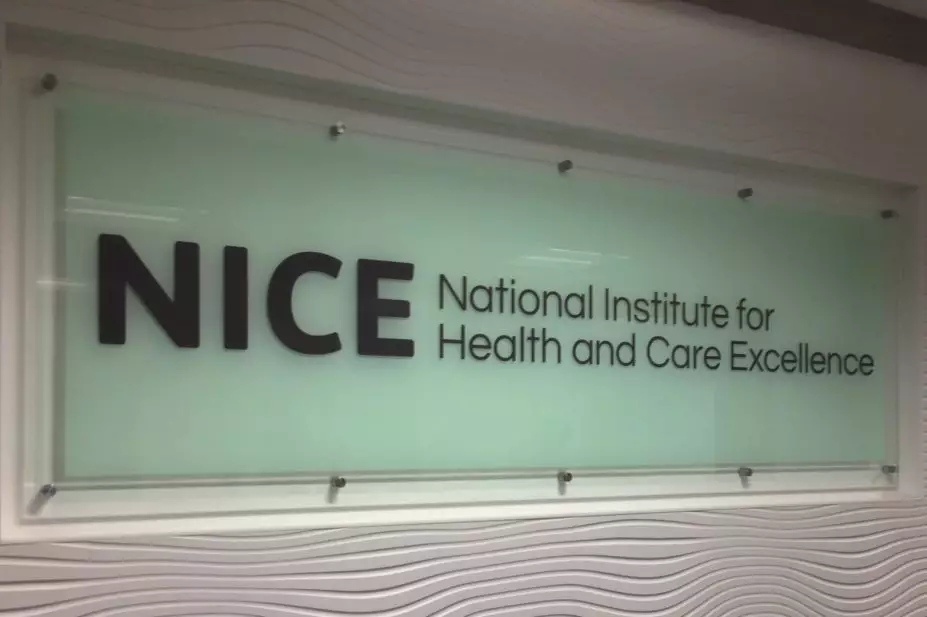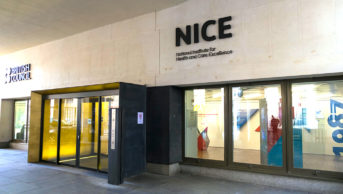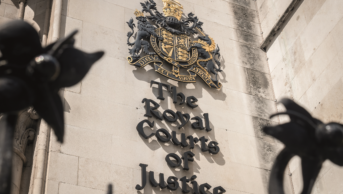
Courtesy of NICE
The first monoclonal antibody therapy for migraine prevention has not been recommended by the National Institute for Health and Care Excellence (NICE) on the grounds that it is not cost effective.
Erenumab (Aimovig; Novartis) is the first treatment to target the process by which proteins cause blood vessels in the brain to swell, leading to the symptoms associated with migraines.
Although evidence points to erenumab being a clinically effective treatment for preventing chronic and episodic migraine in adults, draft guidance from NICE says that the trial evidence did not fully reflect patients seen in clinical practice in the NHS and did not include all of the relevant comparators and outcomes.
As a result, the NICE committee concluded that the cost-effectiveness estimates for erenumab were higher than what is usually considered acceptable in the case of substantial uncertainty.
Meindert Boysen, director of the Centre for Health Technology Evaluation at NICE, described the negative outcome as “disappointing”.
“Erenumab is a promising new preventive treatment for migraine that has been shown to be clinically effective compared with best supportive care.
“However, there was not enough evidence to suggest that it is more effective than botulinum toxin type A for people with chronic migraine, which NICE already recommends.
“And for both the chronic and episodic migraine populations, there was no evidence to show that erenumab is effective in the long term in people for whom three previous preventive treatments had failed.”
The NICE appraisal is now out for consultation until 31 January 2019.
The European Medicines Agency’s Committee for Medicinal Products for Human Use recommended granting a marketing authorisation for erenumab in June 2018.


